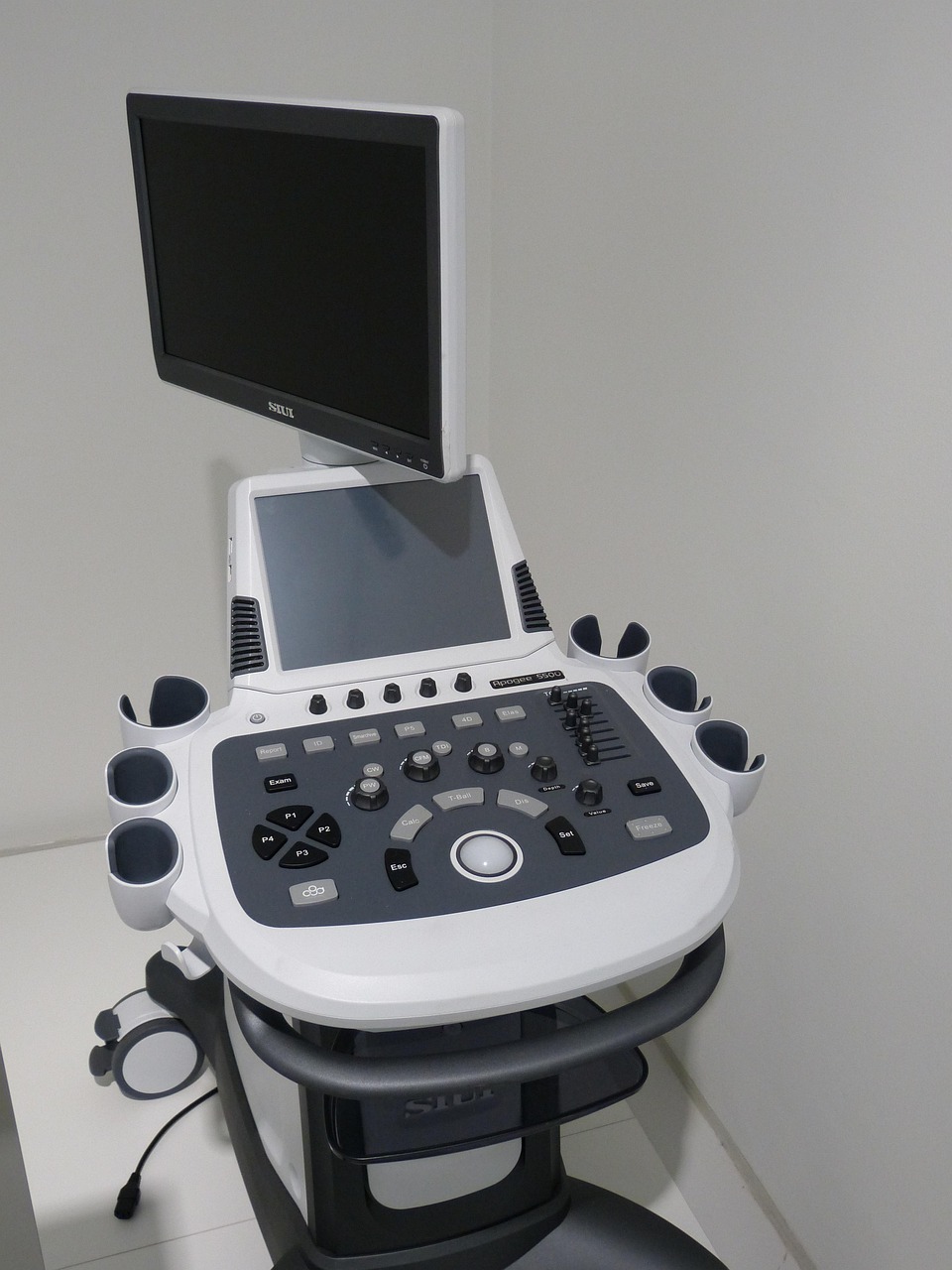
Depending on your needs and whether or not you have an underlying condition such as an autoimmune disease, infertility tests vary. Doctors usually recommend tests for both partners in the event that conception isn’t successful.
At-home testing can tell you when you’re ovulating and also predict the optimum days for conception. In-office infertility tests are much more precise and help your doctor arrive at a diagnosis. Once diagnosed, your doctor begins determining a treatment plan so you may fulfill your desire to have a baby.
Infertility Tests in Pasadena for Women
Infertility tests begin after a physical exam and a health history. Your health history includes your menstrual history (at what age you started menstruating, regularity of your cycle, etc.), gynecological history (whether you’ve been pregnant before), sexual history, overall health, lifestyle, medications, and work environment. If your history warrants, genetic testing may help determine any gene mutations in both partners that may impact fertility.

Based on what your doctor finds in this preliminary exam, they recommend specific infertility tests. This may include a series of tests and diagnostic tools to determine why you haven’t conceived, such as:
- Blood Tests: Your doctor administers blood tests primarily to assess your hormonal balance. They measure your estradiol, progesterone, prolactin, and TSH (thyroid stimulating hormone) as imbalances interfere with ovarian function. Your doctor typically measures your hormones, through blood tests, at different points in your menstrual cycle.
- Pelvic Ultrasound: When your doctor needs a detailed image of your reproductive system they use ultrasound. This allows them to see just what’s going on in your reproductive system and look for any abnormalities, fibroids, or cysts.
- Testing for Ovarian Reserve: When testing ovarian reserve, your doctor uses both blood tests that measure your AMH (anti-mullerian hormone) and a transvaginal ultrasound. These tests combine so your doctor has an accurate measure of your follicles and egg count. Your doctor uses this test in conjunction with IVF treatment.
- Hysteroscopy: Your doctor inserts a special scope, so they may see inside your cervix and uterus and assess for abnormalities impacting your fertility.
- Sonohysterogram: This test is a special ultrasound that images your uterus. Your doctor inserts a transducer through your vagina and cervix and into your uterus. Meanwhile, they pump a sterile saline solution into your uterus via a small catheter. This test allows your doctor to see any abnormalities inside your uterus. You may experience minor discomfort and some saline discharge afterward. OTC pain medications help.
- Hysterosalpingogram: This test examines your fallopian tubes for blockages that may prevent fertilization and a misshapen uterus, or other conditions that may prevent implantation. The doctor inserts dye into your uterine cavity via a small, soft catheter. A special X-ray takes pictures as the dye progresses through your uterus and fallopian tubes. You may experience mild discomfort during the test, and afterward, you may have cramps, dizziness, nausea, and a small amount of vaginal bleeding. OTC medications like ibuprofen or naproxen sodium help manage the discomfort.
Depending on the results from these infertility tests, your doctor develops a treatment plan along with you and your partner.
Infertility Tests for Men
Those assigned male at birth should also test for infertility. After all, according to the semen, one-third of cases of infertility relate to an issue with the male partner. Here are the most common infertility tests for males:

- Semen Analysis: A semen analysis is the most common infertility test for males. The male partner provides a semen sample via ejaculation into a cup or special doctor-provided condom. The semen sample goes to the lab where they assess the quantity and quality of your sperm.
- Blood Tests: If your semen analysis shows any issues your doctor orders a blood test. This test measures the hormone levels present in your blood. Testosterone, luteinizing hormone, FSH (follicle stimulating hormone), and prolactin. These hormones, in balanced levels, aid in male reproduction.
- Testicular Ultrasound: Your doctor may require a testicular ultrasound that examines your scrotum and testicles for abnormalities that interfere with reproduction.
- Post-Ejaculation Urine Analysis: Some males have a condition known as retrograde ejaculation. That means semen ejaculates into your bladder. This test identifies if sperm is in your urine post-ejaculation.
What’s Next?

After your doctor assesses the tests, they come to a diagnosis. In some cases, the issue is with the male partner, in some females, some identify fertility issues in both partners and sometimes the diagnosis is determined unknown. In any case, your doctor can discuss treatment options to help you on your path to parenthood.
If you suspect issues with your fertility, we can help. For those anywhere within the United States or outside and especially in Pasadena and surrounding communities, please contact LA IVF today.










